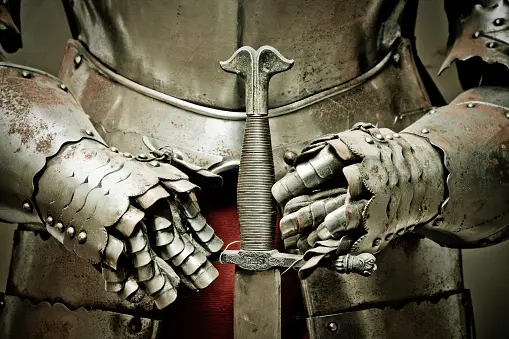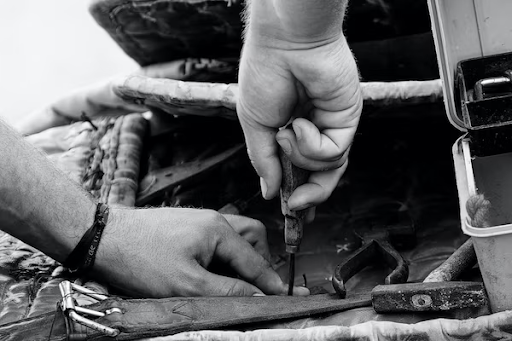This course examines the development of Western and non-Western civilizations from 1500 A.D. to the present. Emphasis is placed on identifying the significant individuals, events, and ideas that shaped the development of cultures, and evolution of nations, historical concepts, political and economic systems, cultural and religious differences are identified and examined.
Essential Questions: How have past global events shaped our world and serve to help us better understand modern events? How have past and present cultural differences served to both unify and divide people? How have innovations led to both unification and division through economic, political, and social change?
|
Quarter 1 |
Quarter 2 |
Quarter 3 |
Quarter 4 |
|
|
Era Title and Time |
It’s a Small World The Age of Discovery 16th Century |
The Worlds a Stage The Age of Empires 16th - 18th Century |
It’s a Mad, Mad World The Age of Ism’s 19th Century |
A Brave New World The Age of Freedom 20th Century and Beyond |
|
Image Cue |

|

|
|
|
|
Focus of the Story |
As our journey begins, we navigate the political, cultural, geographic, and economic conditions shaping the world in the 1500s, analyzing how these conditions led to an age of scientific discovery that opened the door to an era of exploration. In turn, exploration led to the discovery of new markets, causing an explosion of trade that diffused religion, economies and culture. |
Next, we learn how the exchange of ideas through trade connected Asian, African, European and American worlds, opening minds to new possibilities. New experiences lead to new ways of thinking that will transform the world during the Age of Enlightenment. We examine how new ideas and continued exploration fan the flame of Revolution and change. |
We now move forward to even deeper political and technological changes as we enter the age of Industrialism. This Revolution causes nationalism to run deep as countries vie for markets–enter the age of imperialism. Nationalism, Imperialism, and Industrialization come together leading us to the worst conflict the world has ever known – World War I and II. |
As we enter into the modern era, we delve into the social injustices and call for self-determination that leads to scores of independence and equality movements on every continent. As social and political reformers continue to move toward equality, justice, and human rights, we analyze the connections among political freedoms, economics, and religious beliefs. |
|
Transfer Goals |
THINK: Comprehend how (evidence-based) sources and perspectives can clarify and contradict key information to better understand core issues (across contexts) in the past and present. (Knowledgeable, Thinkers and Inquirers, Cross-Culturally Competent) ACT: Communicate effectively based on purpose, task, and audience using valid and reliable information with accurate and relevant details* (Problem Solvers and Value Creators, Knowledgeable) |
CONNECT: Demonstrate civic and social practices through interactions with others and self-reflection in service of an interdependent global community. (Personally and Socially Responsible, Resilient Learners) ACT: Communicate effectively based on purpose, task, and audience using valid and reliable information with accurate and relevant details* (Problem Solvers and Value Creators, Knowledgeable) |
QUESTION: Ask and pursue a line of questioning based on curiosity, prior knowledge, personal experience, and ongoing research to establish patterns, draw well-reasoned conclusions, or take actions. (Knowledgeable, Thinkers and Inquirers, Problem Solvers and Value Creators) ACT: Communicate effectively based on purpose, task, and audience using valid and reliable information with accurate and relevant details* (Problem Solvers and Value Creators, Knowledgeable) |
ENGAGE: Engage in respectful discourse to exchange and process diverse information, ideas, and points of view in order to inform one’s own perspective and explanation (Communicators and Collaborators; Personally and Socially Responsible) ACT: Communicate effectively based on purpose, task, and audience using valid and reliable information with accurate and relevant details* (Problem Solvers and Value Creators, Knowledgeable) |
|
Learning Targets |
|
|
|
|


